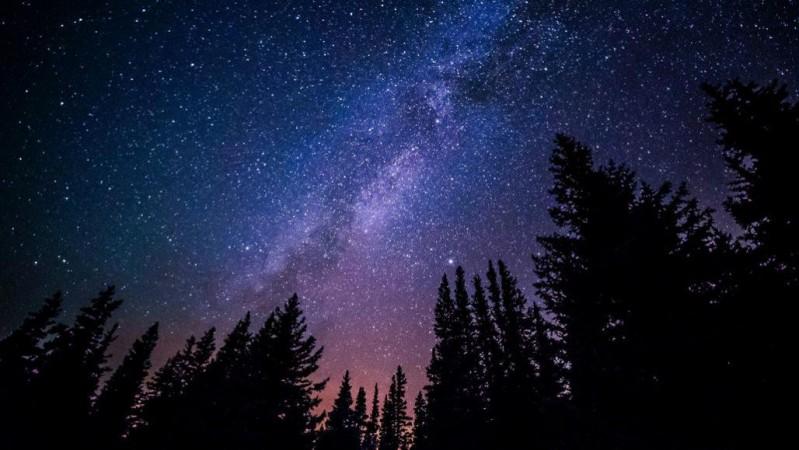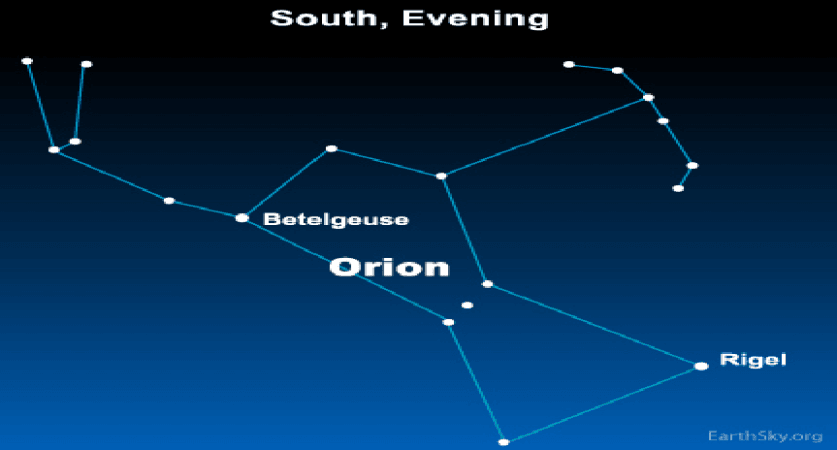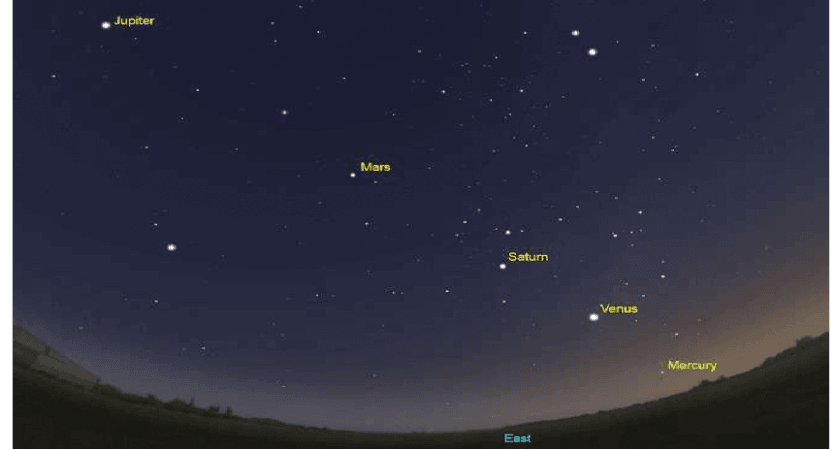What do you love the most about the unfathomable sky and the mysterious outer space above its horizon?
On this International Astronomy Day, you can't stop the dormant astronomy enthusiast in you to lay asleep!

Astronomy day is a great day for all the people to broaden their knowledge and ideas on the mysteries of the space, stars, and planets that remain miles apart of our earth.
History of the day
The first International Astronomy Day was organized in 1973 by Doug Berger, the then president of the Astronomical Association of Northern California.
The day was then celebrated by setting up telescopes across different urban locations in order to make space more accessible to everyone.
The program was aimed to attract the public interest in to the field of astronomy and space science by providing easier access to the public to learn more on the subject.
Since then, the Astronomy day is celebrated worldwide bi-annually on behalf of the major institution across the globe that centres on space studies.
World Astronomy Day
The Astronomy day is generally celebrated twice a year. Celebrated in autumn and spring, the Autumn Astronomy Day occurs on a Saturday closest to the first quarter Moon that comes during September and October.

While the Spring Astronomy Day falls on a Saturday between mid-April and mid-May closest to the first quarter Moon.
The next Astronomy Day of this year will, therefore, occur on September 26.
Celebrations for the day
An annual event in the United States and later in other countries, this year's celebrations associated to the Astronomy day has been called off due to the Covid-19 pandemic.
But with ample time at hand due to the lockdown, we can find the best out of the curious world of outer space today.
1. Nothing to be worried if you lack a telescope or even a pair of binoculars. Let the dusk come for the evening sky has prepared you a treat with Venus and Mars that share close proximity to the Earth.
"Venus is like super-super bright, right in the evening sky just after sunset - maybe an hour after sunset you'll have a nice blazing bright in the west," says Jesse Rogerson of the Canada Aviation and Space Museum.

2. Let the night sky let you connect the 'dots' in the sky. Enjoy with your family the games those shiny lithe stars in the sky have arranged for you.
3. Check out all the available sources on the internet and learn about the different constellations you can find at today's night sky. Make sure that you haven't missed the Orion!
4. Make your friends and other relatives far apart to join this night game. Albeit distances apart, the sky and stars are all the same for all!
5. Share your findings and images of the night sky using the hashtags #AstronomyDay across your social media profiles.









